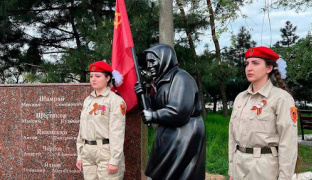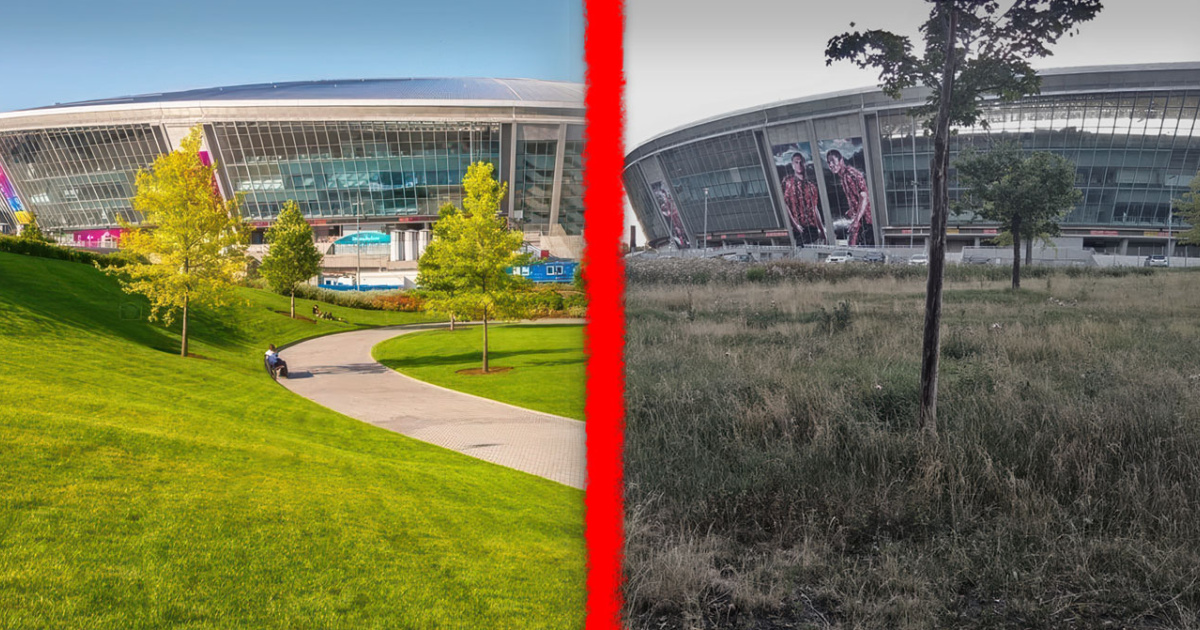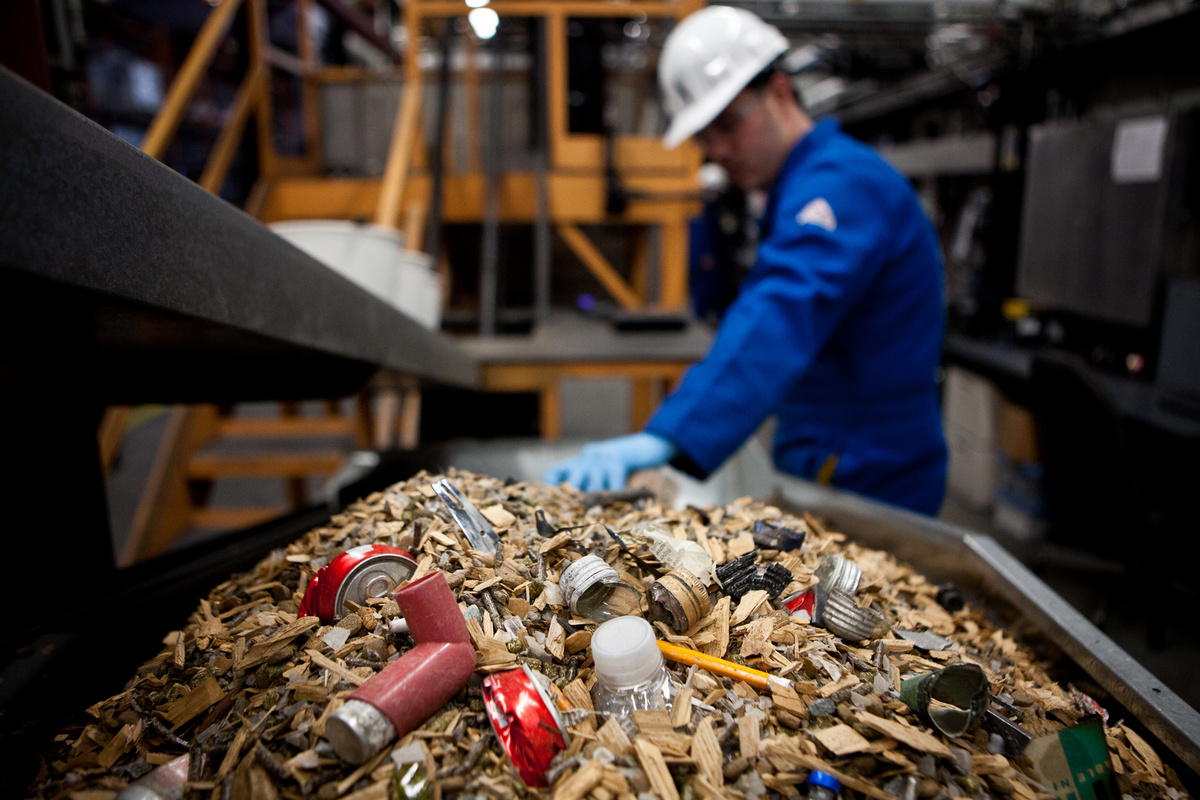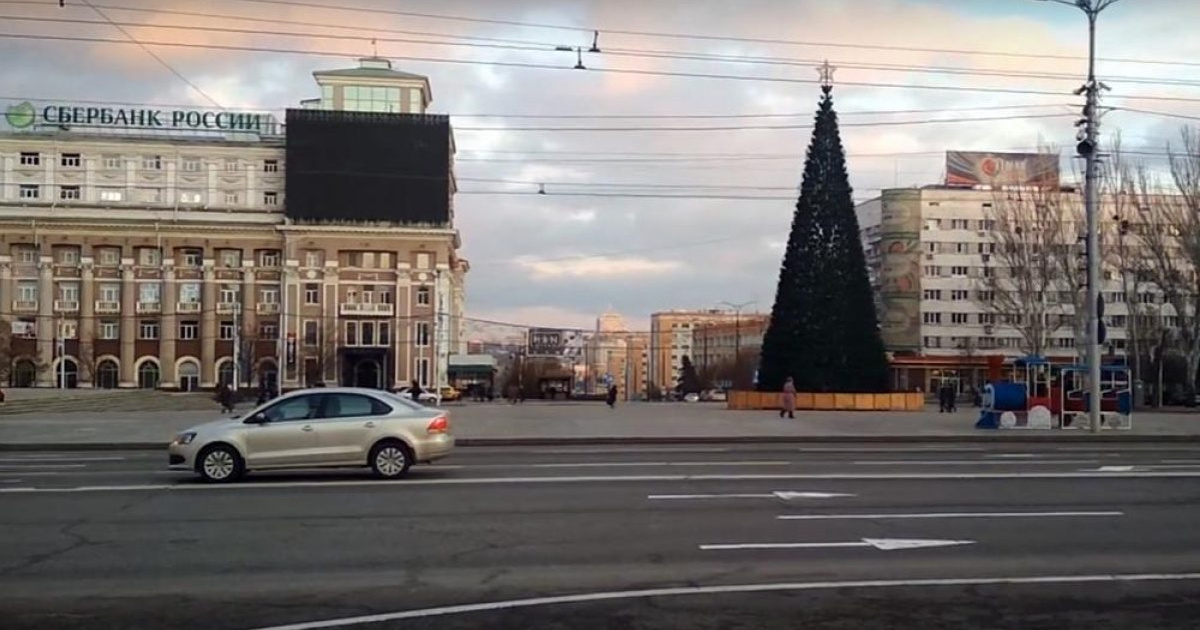
It has been six months since the second stage of land reform started in Ukraine. Some farmers were actively opposed to the new rules, trying to convince the authorities to postpone the introduction of the changes during the war. Farmers in the frontline areas of the Dnipropetrovsk oblast, where the enemy strikes elevators, fields constantly burn due to shelling, and the land is littered not with grain but with mines, were also vocal.

They said we were "kulaks"
To discuss the new land market rules and the challenges that repeatedly face the farmers, we spoke with Anatolii Ivanovych Haivoronsky, a veteran of the farming movement in the Dnipropetrovsk oblast. For over 30 years, he has been growing grain, and for more than five years, he has headed the public organization "Association of Farmers and Private Landowners of the Dnipropetrovsk Oblast". He is also the deputy chairman of the All-Ukrainian Congress of Farmers. He explained why difficult times for the farmers of the Dnipropetrovsk oblast have been prolonged, and in his opinion, the reason is not only the war.

– Anatolii Ivanovych, let's start our conversation with a story about the public organization you lead. As far as I know, the association was one of the first to form in independent Ukraine. What was its initial activity?
– The Farmers Association was founded back in 1991. Ukraine had gained independence, and everything was new. To be honest, no one wanted to see farmers; they were on their own. The state allocated 7% of reserve land, which was supposed to be given to farmers. Despite legal grounds, not everyone received their plots. At that time, there was an agrarian in the Dnipropetrovsk oblast named Mykhailo Mykhailovych Saienko, now deceased. He decided to create an association in our region to protect, assist, and advocate for our interests.
You see, it was a post-Soviet system back then, and not everyone knew what farming was. Agrarians needed information and answers to questions: What to do when you are denied your legal rights? How to fight against those who mow down your crops? So there were many legal questions. That's why the association was created. The second objective was to popularize farming. At all stages of the association's formation, Mykhailo Saienko traveled around the region. He explained that a separate class in the agricultural sector had emerged and wanted to eliminate resistance.
– Am I right in understanding that at first, farmers were not accepted or recognized?
– That's exactly how it was. I became a farmer in 1992. And to be honest, people laughed at me. Not everyone understood how we would work the land, where we would get the funds and equipment. And an important point: land wasn't just given away. That was a problem. Some collective farm chairmen didn't want to give land plots to farmers. A commission was created in the district to decide whether to give the land or not. We wrote applications. In my observations, land was given to teachers, carpenters, etc. I was an agronomist, and I had to fight hard to get my plot. Not everyone followed the law. People had a different mentality. Sometimes officials resisted. There were obstacles at both the district and regional levels. We had to overcome that. We survived those times...
– Did the work in the association decrease over time?
– No, not at all. Let's say new problems emerged. In Ukraine, raiding appeared, becoming particularly active around the 2000s. Then, bandits started looking for what they could take from others. Farmers were already standing on their feet. And raiders looked for legal loopholes to enter and harvest someone else's crops. I faced this more than once myself. The association had to work hard to protect the agrarians. Of course, we didn't protect everyone. Not everyone reached out. Since 1991, our work supporting agrarians has never stopped. In my opinion, and my colleagues support me, the association is essential for small and medium-sized farms. Those with 10,000 hectares of land are already savvy and have the means to hire lawyers. Sometimes large agricultural enterprises turn to us, but rarely. It's not the norm. They are financially stable.
– So, in what cases do owners of large land holdings turn to the public organization?
– When they need publicity for a problem.
– How many members does your public organization currently have?
– We now have 300 members. I really want farmers to be united into one fist. That's why the regional farmers' association supports the All-Ukrainian Congress of Farmers. They are developing and giving hope. Just at the end of June, we gathered around a round table and talked about pressing issues: booking employees from mobilization, the interaction of farms with the tax authorities, financial state support, and grants.
– Let's take the period of the full-scale war. What problematic issues have you tried to bring to the authorities?
– Various ones. First, we asked to extend the moratorium on the sale of agricultural land to foreigners. During the war, Ukrainian farmers don't have the opportunity to buy the land. If this isn't taken into account, foreign investors will get the land, and the domestic producer will lose out. We also called for an end to the practice of blocking tax invoices for agricultural producers. This caused farmers to miss out on revenue and become unprofitable. We requested reduced tariffs on rail transportation of agricultural products, an end to the practice of fines, and the temporary cancellation of fuel storage licensing for farmers during wartime. And this is just a part of the issues our public organization has communicated to the authorities. Staying silent about problems means accepting them, so we try to make our voices heard.

Reform doesn't work where there's corruption
– A few years ago, the land reform started in Ukraine. Probably, the most concern was around the second stage. It began on January 1 and opened the market for legal entities. Discussions and debates are still ongoing. By the way, you were and still are an active participant in these discussions. Share your thoughts with us.
– Indeed, until December 31, 2023, only individuals could buy land, and no more than 100 hectares per person. Starting in 2024, legal entities also got this right, and the allowed size increased to 10,000 hectares. Land reform is definitely necessary. If people become landowners, they should have the right to manage it. But there's a catch. What's concerning about this reform? During the war, the ability to concentrate up to 10,000 hectares in one person's hands is a bad idea. Imagine a farmer buying these 10,000 hectares in one community. This creates a monopoly, and monopoly breeds corruption. Before the reform, there were many schemes and mechanisms to take land for pennies in Ukraine. Locals know this very well. Therefore, small agricultural entities have a justified fear that oligarchs will buy large plots. What will this lead to? There won't be any competition. They will set their own prices, their own wages. This won't bring anything good for the state; it will only benefit those who own the land.
– How do you evaluate the last six months in the land market? Is buying and selling active?
– No, the war is affecting the situation. So, to say that land is being actively bought and sold in the region is not true. There is no rush. Some people are selling their plots because they fear losing everything due to the war. But what will happen after... Afterward, the big players will start the game. I'm told the reform is liberal. We don't need liberalism; we need the rule of law. I never thought that a peaceful profession like farming would force me to constantly defend myself, both legally and physically. Personally, I am listed as a victim in nine criminal cases. My tractors were destroyed, my fields burned... And I'm not the only one in the Dnipropetrovsk oblast. On one hand, we talk about reform, expanding opportunities, and the path to Europe, but on the other, we can't defeat raiding for decades, which during the war is just waiting for the moment or looking for alternative methods. Imagine that in the 21st century, a farmer is afraid to develop his farm, take more plots, because tomorrow, at someone's will, his tractor might be burned. For any reform to work, the law must work in the country, and the tax authorities must see you as a partner who is now holding the economic and food front.

– In your opinion, when will the land reform be considered successful?
– When new agricultural enterprises appear in Ukraine. Not monopolies, but small and medium-sized ones. When there will be specific numbers: before the land reform, there were this many farms, and now there are more. I would be happy. But this is not the case. Even for a currently working farmer, getting more land is very problematic. There are large farms nearby that pressurize them. By the way, I have repeatedly met with European colleagues. They support sustainable development and the activities of small landowners. They argue that small farmers will work long and steadily, and the country will not starve. That's why there are no monopolists in Europe.
We're having a big problem with personnel
– Nowadays, can farmers count on any support?
– We do have support. To categorically say that farmers have been left to their fate would be incorrect. It's also not right to blame the state for all the problems. There are grant programs that farmers can use. But in the frontline region, joining grant programs is a risk. Any grant involves meeting grant conditions and reporting. We won a grant and launched an oil mill. The equipment at the oil mill is supposed to run continuously. It did... but due to enemy shelling, towns receive electricity for only a few hours. When the power goes out, production stops. Restarting it technically is not easy. I know some farmers' crops have suffered due to weather conditions. There should be compensation, but when will it arrive? Our farmers also receive help from foreign partners: fertilizers, seeds. These are distributed among small farms, especially in regions affected by the war. Ukrainian farmers have also received combines, tractors, and other agricultural equipment from the Howard G. Buffett Foundation.
– Previously, farmers had several problems: expensive fuel, high fertilizer prices, drought. What problems has the war created?
– The war has made us even more unequal in opportunities compared to our foreign partners. They have access to cheap loans, and they don't have problems with specialists. But for us, because of the war, there's a huge issue with personnel. In Ukraine, we're quickly trying to retrain specialists, teaching women to operate agricultural machinery. I’m not against this... but it should have been done yesterday. I trained my mechanics for years. If you think driving a tractor is just pulling levers, you're mistaken. You need to know the system. Without education and proper training, it's hard to understand. A farmer sows once a year, and a mistake can be costly. The war has also made it harder to sell products. Ports are now working, and there's hope we can sell the harvest. Therefore, the main support from the state should be good prices, training personnel, and affordable loans.
Tetiana Hrenadiorova, Dnipro, for OstroV




